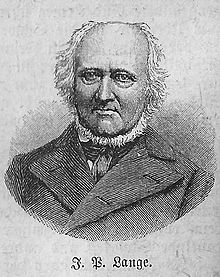“The kingdom of God is the arena of God’s redemption. Jesus Christ redeemed the whole world — that is, He bought it back. He did this by paying the ultimate price for man’s sin: His death on the cross. The whole earth has now been judicially redeemed. It has been given “a new lease on life.” The lease that Satan gained from Adam has been revoked. The Second Adam (Jesus Christ) holds lawful title.
The world has not been fully restored in history, nor can it be; sin still has its effects, and will until the day of final judgment. But progressively over time, it is possible for the gospel to have its restorative effects. Through the empowering of God’s Holy Spirit, redeemed people are able to extend the principles of healing to all areas under their jurisdiction in life: church, family, and State.
All Christians admit that God’s principles can be used to reform the individual. They also understand that if this is the case, then the family can be reformed according to God’s Word. Next, the church is capable of restoration. But then they stop. Mention the State, and they say, “No; nothing can be done to restore the State. The State is inherently, permanently satanic. It is a waste of time to work to heal the State.” The Christian Reconstructionist asks: Why not?
They never tell you why not. They never point to a passage in the Bible that tells you why the church and family can be healed by God’s Word and Spirit, but the State can’t be. Today, it is the unique message of Christian Reconstruction that civil government, like family government and church government, is under the Bible-revealed law of God and therefore is capable in principle of being reformed according to God’s law.
This means that God has given to the Christian community as a whole enormous responsibility throughout history. This God-given responsibility is far greater than merely preaching a gospel of exclusively personal salvation. The gospel we preach must apply to every area of life that has been fouled by sin and its effects. The church and individual Christian evangelists must preach the biblical gospel of comprehensive redemption, not just personal soul-winning.’ Wherever sin reigns, there the gospel must be at work, transforming and restoring. The only area of life outside of the reach of Spirit-empowered restoration is an area that was not affected by the fall of man. This, of course, means no area at all.”
DeMar, Gary and North, Gary, Christian Reconstruction: What It Is, What It Isn’t (revised Text), n.d.

